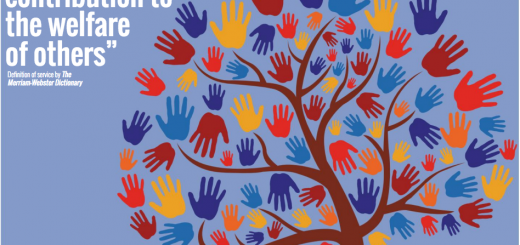Is Anything Really Original?
While Steve Jobs introduced the first computer with a graphical user interface for consumer use, the model was a not an original creation; it was a conglomeration of ideas and features, compounded into something significant in its own right.
Jobs saw these features during a visit to the Xerox research center a year previously, unpatented and available for use, and combined and implemented them to form the first Mac computer.
When Android introduced its first smartphone following the creation of the iPhone, however, Jobs ridiculed it as flagrant plagiarism. “I’m going to destroy Android, because it’s a stolen product. I’m willing to go thermonuclear war on this,” he said according to pcmag.com
Originality is something I do not consider to be real in its most literal sense.
Dictionary.com defines something original as, “arising or proceeding independently from anything else,” but is it possible for any work of art or invention to be truly original? What we so often brand as the very first of its kind is, in actuality, an assortment of similar ideas tweaked and molded into something significant in its own right.
This free flow and mixture of ideas should not be restricted or frowned upon, if we are to continue to encourage the pioneering of innovative ideas.
People often get so caught up in the ideal of “creative genius” that it restricts creative potential.
Novelist and poet C.S. Lewis supported this view, saying, “Even in literature and art, no man who bothers about originality will ever be original: whereas if you simply try to tell the truth (without caring how often it has been told before) you will, nine times out of ten, become original without ever having noticed it,” according to brainyquote.com.
It is important to respect and credit the works of others, but if we allow this fear of “stolen ideas” to control us, we are only limiting our creative genius and its contribution to our future.





